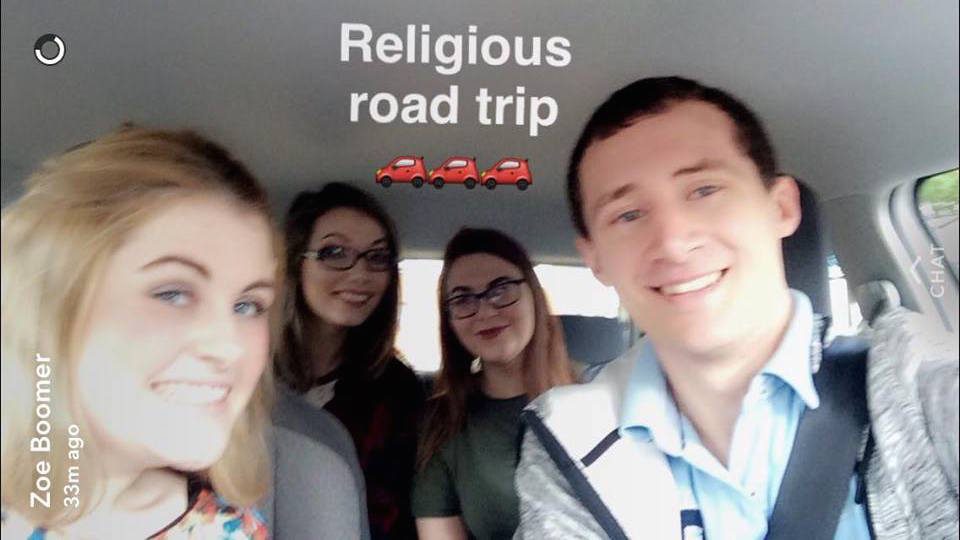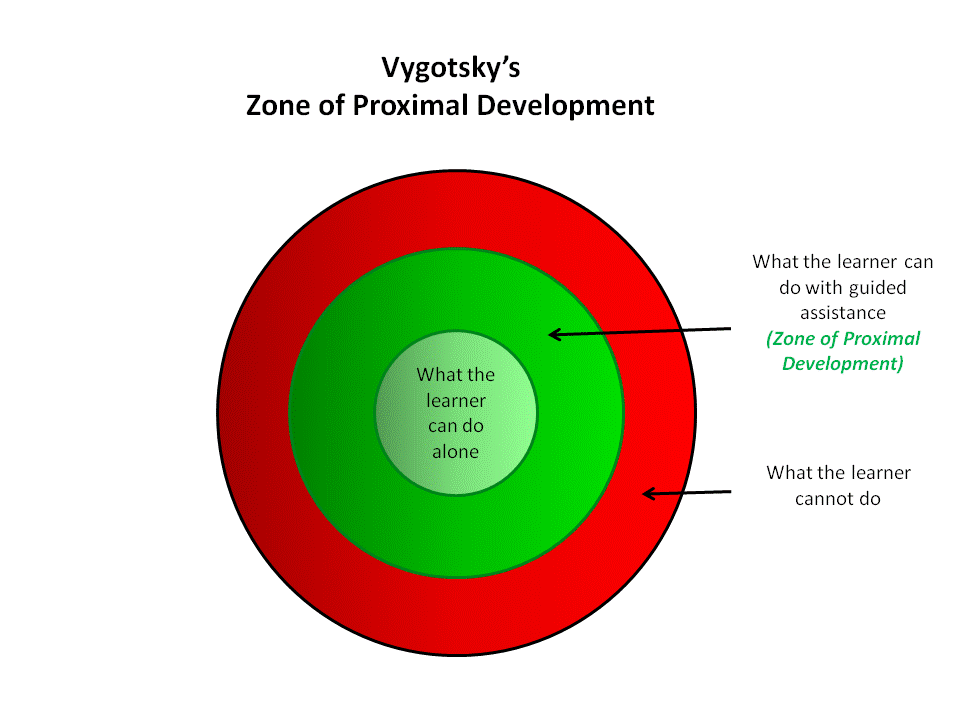The RME elective is definitely been interesting, and I can already say that I’ve learned a lot! As a TDT task, we were set to visit a ‘special’ place, and as a group, we decided to investigate a pilgrimage. We found one which was first ‘done’ by the Picts, who were alive around 1500 years ago. While we do not know any details of this journey, not even its purpose. The route was long and involved many stops:
- Dundee
- Coupar Angus
- Meigle
- Alyth
- Glamis
- Kirriemuir
- Glenprosen
- Kirriemuir (again)
- Forfar
- Brechin
- Edzell
- Fettercairn
- Glensaugh
- Auchenblae
- Stonehaven
- Letham
- Arbroath
- Carnoustie
- Dundee
We decided to go out and try it for ourselves. We changed our minds pretty quickly. It turns out that walking to all 19 of these places would be quite hard going, so we changed the plans a little and decided to try the route in the car.
Arriving at the car, all I could really think about was the fact that I had called shotgun on the front seat and that I wanted to keep it; that and the fact that we had to get snacks for the journey. Not the most profound of thoughts, but nonetheless, all that was really in my mind. The trip took us just over 6 hours in total. It consisted of driving from location to location and singing along to the playlist along the way.
By the end we were all tired, hungry and uncomfortable. I began to think about what the journey was like for the original Pictish pilgrims. I did a little research and discovered that the journey would have taken us 55 hours to walk! This wasn’t the end of it,we should remember that that’s without a rest! Also, we have roads and paths etc. which would now make the walk a lot easier, my estimation is that the journey would have taken us 4 or 5 days back when the pilgrims made the original journey.
I wondered if perhaps we missed the point from the beginning? I thought that we hadn’t really considered the point of a pilgrimage. I sat in the car with the others, and been to Stonehaven before; and we did not really talk about the journey very much while we were on it. I have done a little research on what exactly a pilgrimage is, and The Scots Magazine says:
“It’s been described as a journey or search for moral or spiritual significance, in many cases a journey to a location of some importance to the person making the pilgrimage.”
This made a lot of sense to me, as it explains that a pilgrimage is more than a journey, its about some kind of spiritual, or enlightening moment. Now our journey was only to simulate a special journey, and we were unlikely to have any kind of epiphany, but I did wonder if we should have taken it a little more seriously. Our main mistake was not researching the pilgrimage enough before we started. I think that we could have stopped throughout and thought about what the original pilgrims were thinking and feeling throughout their journey.
Having said this, I think that perhaps I did learn something important. While writing this post, I have started to think, and I have realised that by the end of the day we all felt tired, hungry and uncomfortable; just like I thought the Picts probably did. Also, as a group we set aside the whole day to do this task, which was a significant time out of our reading week. We all felt a sense of accomplishment for lasting the whole time. I wonder at this point, was it really so different from the Picts? Naturally we had not spent the whole week doing this journey, but the feeling that we had upon completion felt very similar. I also think that I learned from some our mistakes, specifically that pilgrimages are not meant to be easy or taken on lightly, and that they have to be significant to be considered a meaningful experience.
From a teaching perspective, I think that I learned that when teaching about pilgrimages. I think that I would not take a class outside without fully learning about it beforehand. I would want to teach them about pilgrimages in general and then take them out to mimic one and consider their feelings. I would take them out on a walking mini pilgrimage and have them consider how it would make them feel to be walking like that for several days, how hard it would be and the physical and mental strength it would require to complete. I would then like to work with the pupils to discuss these feelings and think about what a pilgrimage would mean to them, and consider what their personal journey would be.
I think that I have learned to appreciate the concept of a pilgrimage a little more. I even began to consider what a pilgrimage would mean to me. I feel that a non-theist, a pilgrimage would be difficult for me, because it is hard to determine what would be a significant personal experience. I think that for me it’s about going somewhere I have always wanted to go, and will have to work hard to get there. In recent years I have thought about New Zealand a lot. I would love to go there one day, and perhaps move there to work. I know that I’ll have to work really hard to get there, as it’ll require a lot of saving up, but also a lot of work to get my degree to be allowed to go over and work there. I believe that, should it happen, this will be my pilgrimage. Now that I understand what it means to me, I believe that I am in a better position to teach the concept to the children that I will work with.
- Setting out…
- Stopping for a break in Kirriemuir
- Glamis
- Alyth
- Alyth
- Edzell
- Fettercairn
- Alyth
- Meigle
- Meigle
- Edzelll
- Brechin
- Meigle
https://www.scotsmagazine.com/articles/pilgrims-trail/



























